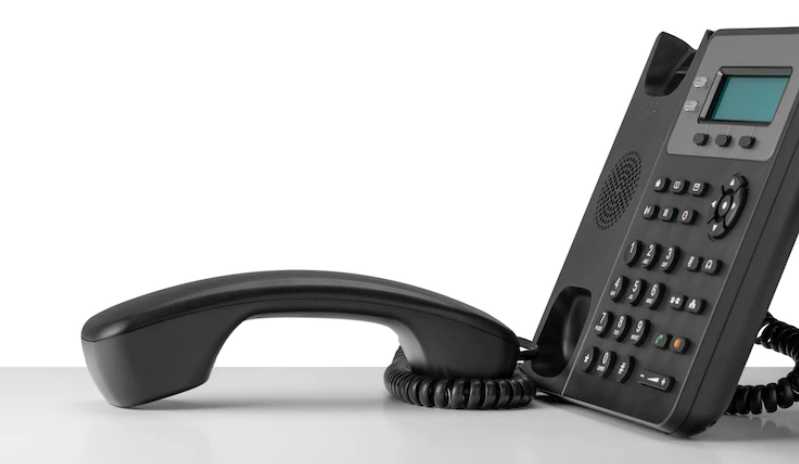Mobile phones and landlines have been competing for business customers for years. But which is better for businesses? In this blog post, we will explore the pros and cons of both mobile service providers and landline phones to help you decide which is right for your business. We will look at the advantages and disadvantages of both types of phone services, as well as the key differences between them.
Pros And Cons Of Using Mobile Service
As business owners, it’s important that we have a way to be reached when we need to be. That’s why mobile service is so popular – it allows us to keep in touch no matter where we are. However, not all mobile service is created equal. There are pros and cons to using mobile services in business, and it’s important to understand which ones are right for your needs.
For example, mobile service is often more affordable than landline services. This is because many businesses opt for prepaid plans rather than contracts, which means that they can switch between providers without spending extra money on cancellation fees or overage charges. In addition, businesses can also take advantage of bundle deals that offer discounts on multiple services together. This makes mobile service even more cost-effective overall.
Another advantage of using mobile service in business is the increased customization and flexibility that it provides. With a phone number that’s tied to a specific device, you can access your files and emails from anywhere – even if you’re out of town or unable to access the internet at home. This increased mobility means that you can work from anywhere without having to worry about losing your data or connection.
However, there are also some potential drawbacks associated with using mobile services in the business. For example, security risks associated with using a cell phone while on the go are increasing each day. It’s important to remember not to leave your phone unattended anywhere – especially not when you’re working from home! Additionally, if your phone gets lost or stolen, there’s the potential for data theft or, worse, if confidential information is stored on the device (such as client information).
Pros And Cons Of Landline Phones
There are a lot of pros and cons to consider when deciding whether or not to keep a mobile phone or switch to a landline.
Landline phones typically don’t require as much maintenance as mobile phones do (such as replacing batteries), and they’re more reliable in terms of staying connected. In addition, they offer increased security and privacy due to the fact that there’s no need for GPS tracking or other forms of wireless surveillance. This can be especially helpful for businesses that operate in sensitive areas (like hospitals).
On the downside, landlines can be less convenient than mobile phones when it comes to taking calls. You need access to physical wires in order to use them, which can be inconvenient if you have limited space or if your office is located in a difficult spot to reach wirelessly. Also, you may have trouble replacing existing phone lines with newer technology if they’re not already wired – this could lead to degraded service during power outages.
In the end, it’s up to you whether or not mobile or landline phones are right for your business. While there are some disadvantages associated with doing so, overall, landlines offer many advantages over mobile phones that should be considered before making a decision.











